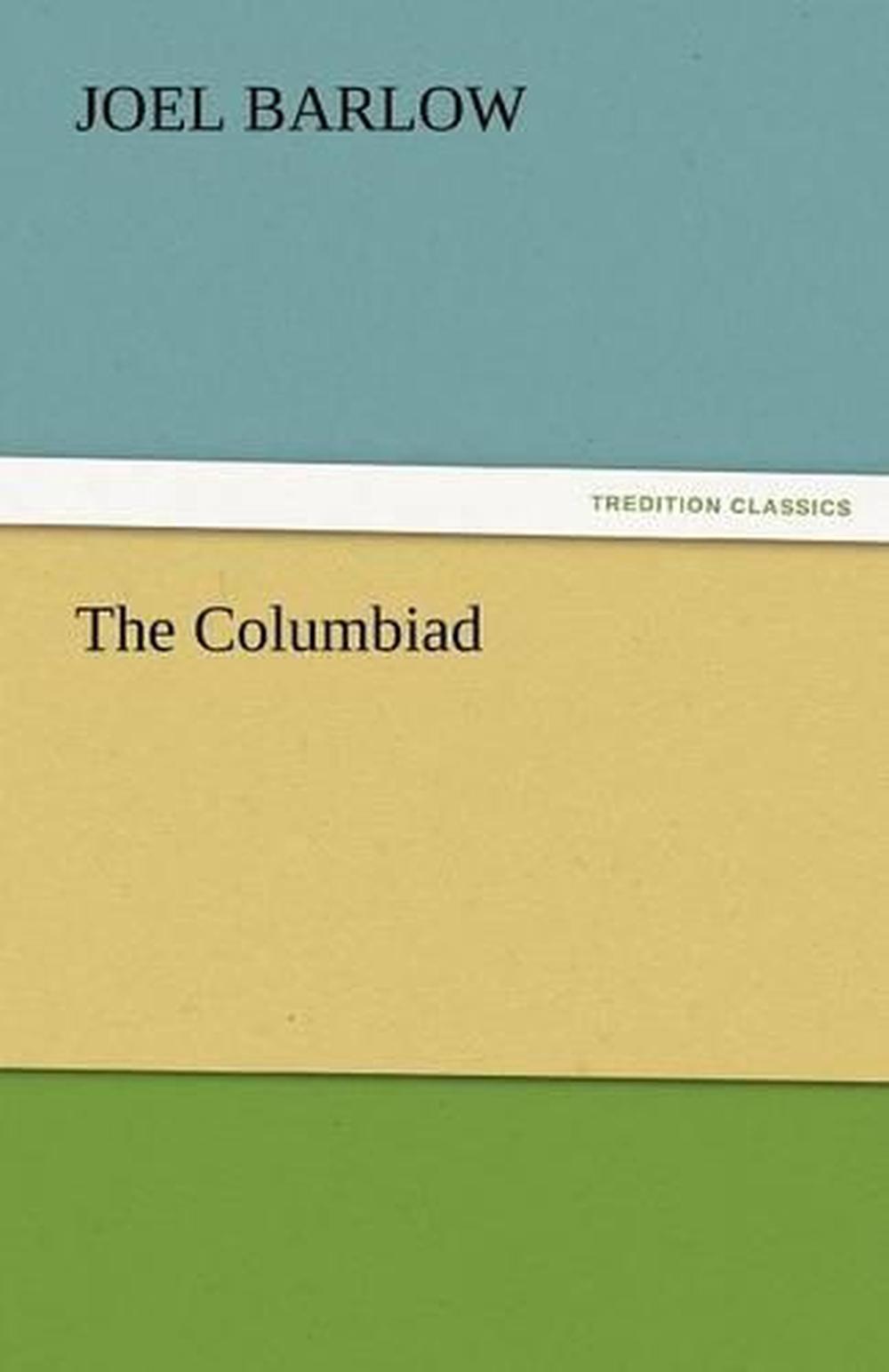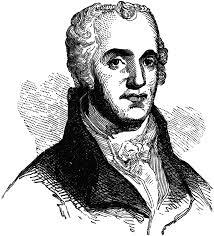


Chapter Three examines Whitman' s new form which granted America literary independence. Chapter Two explores how far Barlow succeeds, in The Columbiad, in creating an American identity for the early Republic that would make her a model to be imitated by the whole world. Chapter One explores Southey's endeavours in Madoc to inspire ambition and unify the nation in the face of a strong enemy.

The thesis examines how the epic provided the three writers with the means to reflect and comment on the political events which posed a threat to nationalism in their times. These attempts, I will argue, led to the formation of an idea of America that would serve the national identity of early nineteenth-century Britain in Southey's Madoc (1805), post-Revolutionary America in Barlow's Columbiad (1807) and mid-nineteenth-century America in Whitman's Leaves of Grass (1855). I will argue that each of these writers, affected by contemporary events and dangers that threatened the unity and stability of the nation, attempted, through his work, to achieve national unity or create national identity. Focusing on three epic poems, the thesis considers Southey, Barlow and Whitman as epic writers during a period of great national and international turmoil, and analyses the relationship between the articulation of national identity and the conflicted politics of the day. The aim of this thesis is to investigate the impact of contemporary political upheavals on the formation of the idea of America in the writings of Robert Southey (1774-1843), Joel Barlow (1754-1812) and Wait Whitman (1819-1892).


 0 kommentar(er)
0 kommentar(er)
